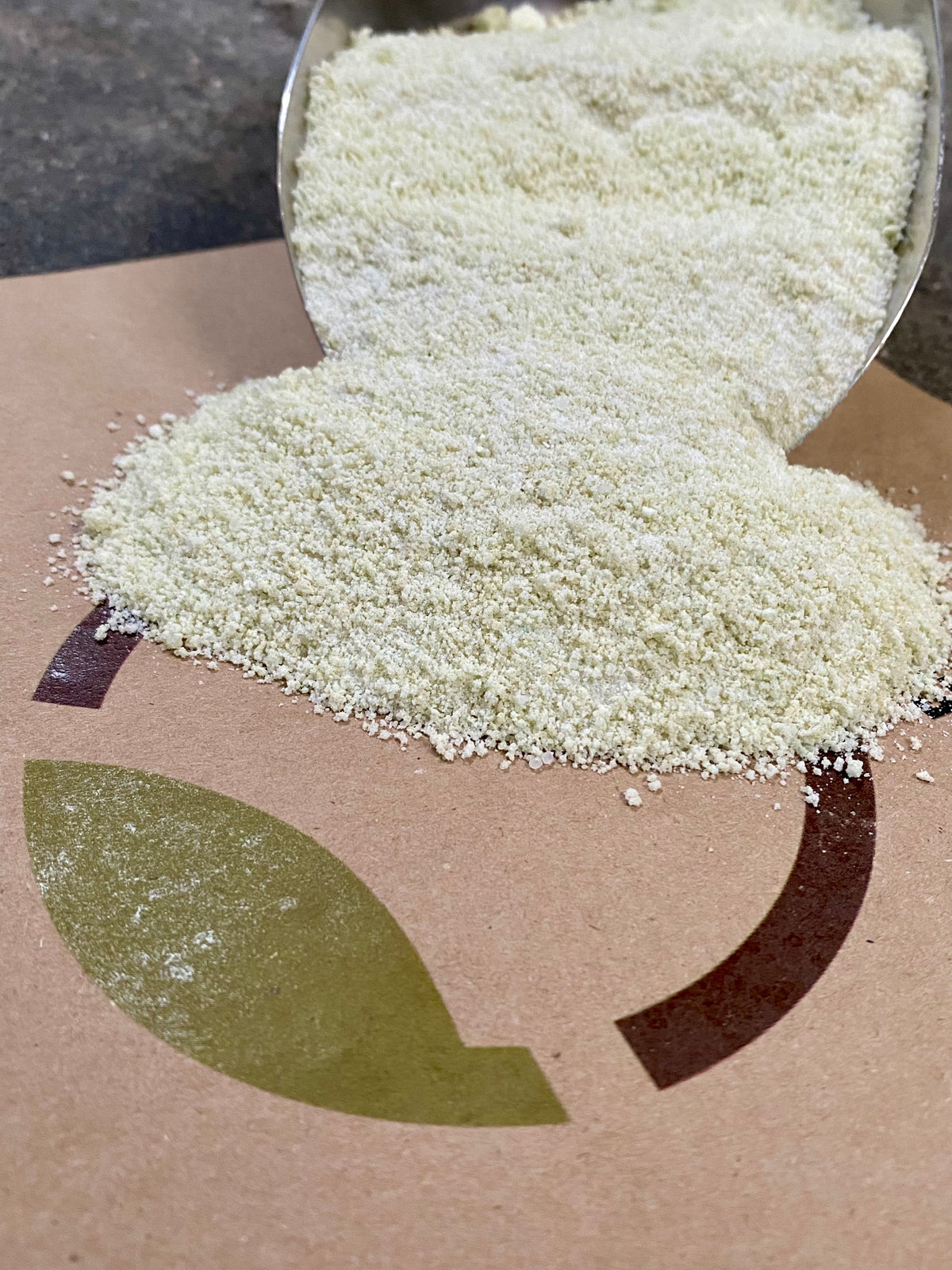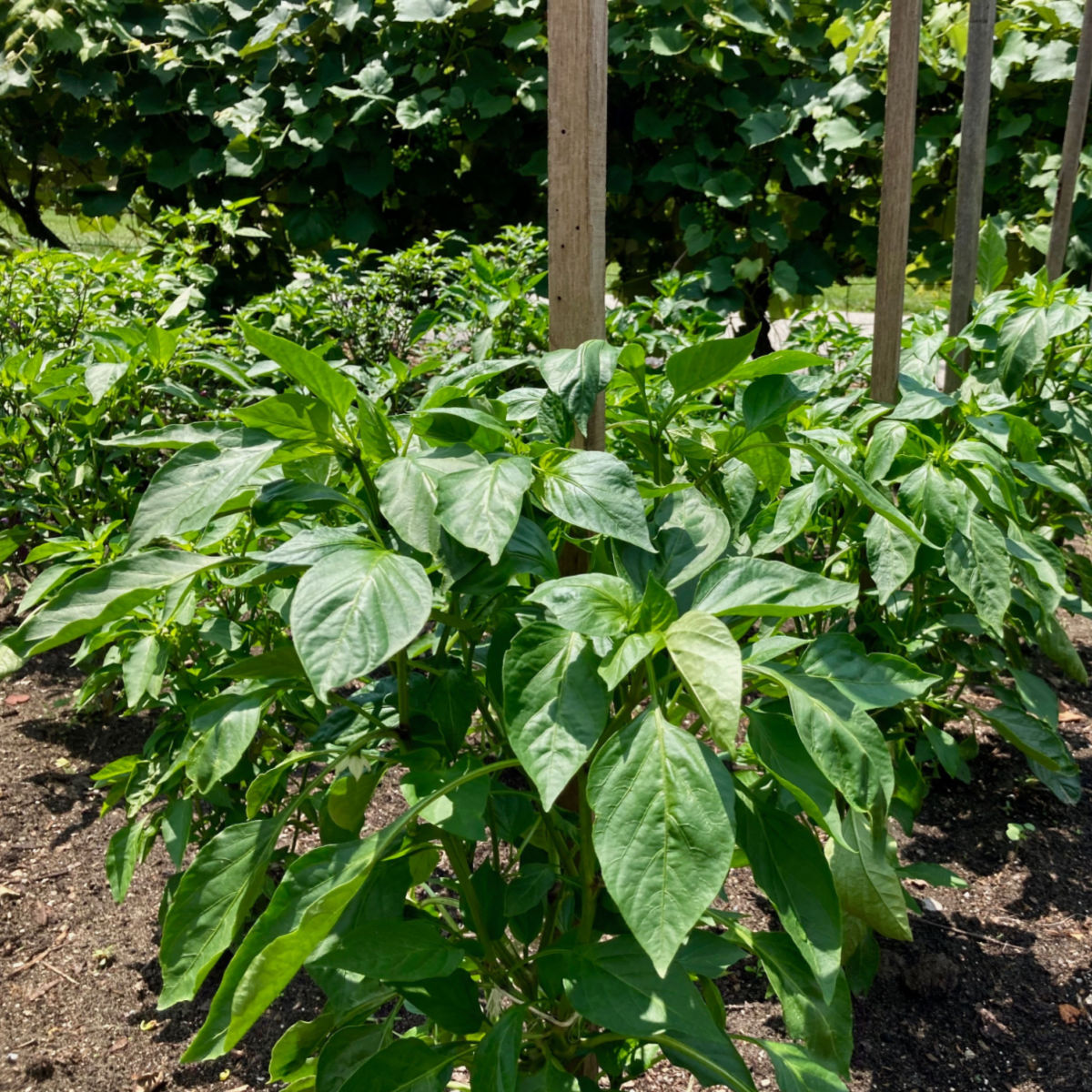Best Fertilizers for Peppers: Boost Development and Taste Naturally
Best Fertilizers for Peppers: Boost Development and Taste Naturally
Blog Article
Organic Vs. Synthetic Fertilizers: Which Is Best for Nurturing Healthy Pepper Plants?
In the world of supporting healthy pepper plants, the option between natural and artificial plant foods stands as a crucial decision with far-reaching implications. While both alternatives purpose to give vital nutrients to sustain plant growth, the subtleties of their influence on the soil, plant health and wellness, and the setting spark an argument that mirrors throughout the gardening community. Understanding the distinctive advantages and prospective pitfalls of each plant food type is essential for pepper growers looking for to optimize their returns while keeping a sustainable and eco-conscious strategy.
Advantages of Organic Plant Foods
Organic fertilizers use an environmentally-friendly and lasting approach to beneficial pepper plants, giving important nutrients without the use of artificial chemicals. These all-natural fertilizers are originated from organic resources such as compost, manure, bone dish, and algae, advertising dirt health and biodiversity. Unlike synthetic fertilizers, organic alternatives launch nutrients gradually, ensuring a balanced and steady supply for pepper plants to flourish.
One substantial benefit of natural fertilizers is their capacity to enhance dirt framework and water retention. By improving dirt health, natural plant foods promote valuable microbial activity, which helps in nutrient uptake by pepper plants. In addition, organic fertilizers reduce the threat of chemical run-off, shielding water sources from pollution and securing the setting.
In addition, organic fertilizers add to lasting dirt fertility by promoting the growth of useful dirt organisms. These microorganisms assist damage down raw material, releasing nutrients in a kind that is easily obtainable to pepper plants. best fertilizers for peppers. By cultivating a healthy soil ecosystem, natural plant foods sustain lasting pepper growing methods that benefit both plants and the environment
Disadvantages of Artificial Fertilizers
Synthetic fertilizers, unlike their natural equivalents, position numerous disadvantages when used to nourish pepper plants, influencing both plant health and wellness and environmental sustainability. One major drawback of synthetic plant foods is their propensity to leach nutrients from the dirt quickly. This quick leaching can lead to nutrient discrepancies in the soil, causing plants to experience from deficiencies or toxicities. Furthermore, synthetic plant foods can harm useful soil microorganisms, such as earthworms and useful bacteria, disrupting the soil ecosystem's balance.
Additionally, the overuse of artificial plant foods can contribute to water contamination. Excess fertilizers not taken in by plants can remove right into water bodies, resulting in eutrophication, where algae blooms diminish oxygen levels in the water, harming water life. Artificial plant foods are normally derived from non-renewable sources, such as fossil fuels, adding to carbon exhausts and ecological degradation throughout their production.
Nutrient Absorption Comparison
When contrasting synthetic and organic fertilizers in terms of nutrient absorption, natural fertilizers have the benefit of offering a much more well balanced and slow-release resource of nutrients. Organic plant foods include a range of macro and micronutrients that are not only valuable for the plants however also advertise healthy and balanced dirt microbial activity, which assists in nutrient uptake.
Moreover, organic fertilizers improve soil structure and water retention ability, allowing pepper plants to gain access to nutrients extra successfully. This improved soil high quality helps with root advancement, allowing far better nutrient absorption. Artificial plant foods, although at first enhancing plant development as a result of their high nutrient focus, might impede long-lasting nutrient absorption by derogatory soil health and wellness gradually.
Environmental Impact Factors To Consider

On the other hand, synthetic fertilizers, although typically even more immediately available and focused to plants, can have destructive effects on the setting if not applied properly (best fertilizers for peppers). Their manufacturing calls for high power inputs, causing greenhouse gas exhausts and adding to environment adjustment. In addition, the runoff of excess synthetic fertilizers can pollute water sources, resulting in eutrophication and damaging aquatic environments.
Finest Plant Food Practices for Peppers
To attain this, it is crucial to follow ideal fertilizer practices tailored to the details demands of pepper plants. One vital technique is to perform a dirt examination before using any kind of plant foods.
One more vital technique is to fertilize pepper plants at the correct time. Commonly, peppers gain from getting fertilizer at growing and after that once again when they begin to blossom. Over-fertilizing can bring about vitamins and mineral discrepancies and damage the plants, so it is crucial to follow recommended application prices.
Additionally, selecting a well balanced plant food with an NPK proportion that suits pepper plants' requirements is fundamental. Organic plant foods, such as compost or manure, can be superb selections as they release nutrients slowly and enhance dirt framework in time. However, artificial fertilizers can supply a quick nutrient boost when required. Ultimately, integrating synthetic and natural fertilizers deliberately can assist nurture healthy pepper plants while reducing environmental impact.
Conclusion

Organic fertilizers provide a sustainable and environmentally-friendly method to nourishing pepper website link plants, giving crucial nutrients without the usage of synthetic chemicals. Unlike artificial plant foods, organic options release nutrients slowly, making sure a balanced and constant supply for pepper plants to flourish.
Artificial plant foods, in contrast to their organic counterparts, position various negative aspects when made use of to nurture pepper plants, influencing both plant wellness and ecological sustainability. When contrasting synthetic and natural fertilizers in terms of nutrient absorption, natural plant why not try this out foods have the benefit of providing a much more balanced and slow-release resource of nutrients.In addition, natural plant foods improve dirt structure and water retention ability, enabling pepper plants to accessibility nutrients more successfully.
Report this page